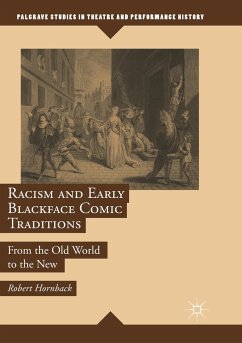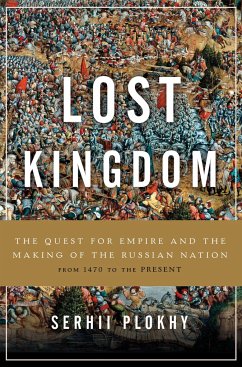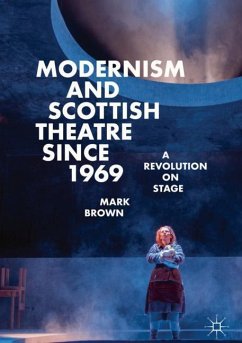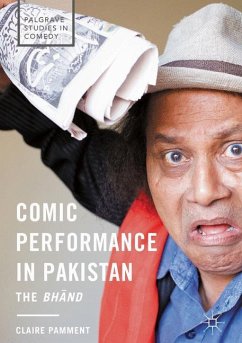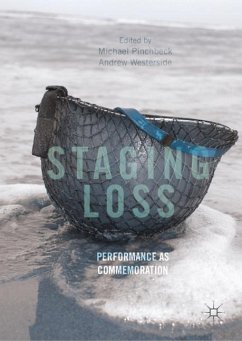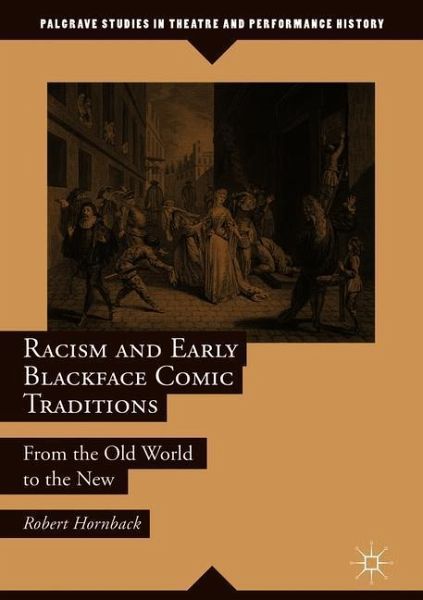
Racism and Early Blackface Comic Traditions
From the Old World to the New
Versandkostenfrei!
Versandfertig in 6-10 Tagen
76,99 €
inkl. MwSt.
Weitere Ausgaben:

PAYBACK Punkte
38 °P sammeln!
This book traces blackface types from ancient masks of grinning Africans and phallus-bearing Roman fools through to comedic medieval devils, the pan-European black-masked Titivillus and Harlequin, and racial impersonation via stereotypical 'black speech' explored in the Renaissance by Lope de Vega and Shakespeare. Jim Crow and antebellum minstrelsy recycled Old World blackface stereotypes of irrationality, ignorance, pride, and immorality. Drawing upon biblical interpretations and philosophy, comic types from moral allegory originated supposedly modern racial stereotypes. Early blackface tradi...
This book traces blackface types from ancient masks of grinning Africans and phallus-bearing Roman fools through to comedic medieval devils, the pan-European black-masked Titivillus and Harlequin, and racial impersonation via stereotypical 'black speech' explored in the Renaissance by Lope de Vega and Shakespeare. Jim Crow and antebellum minstrelsy recycled Old World blackface stereotypes of irrationality, ignorance, pride, and immorality. Drawing upon biblical interpretations and philosophy, comic types from moral allegory originated supposedly modern racial stereotypes. Early blackface traditions thus spread damning race-belief that black people were less rational, hence less moral and less human. Such notions furthered the global Renaissance's intertwined Atlantic slave and sugar trades and early nationalist movements. The latter featured overlapping definitions of race and nation, as well as of purity of blood, language, and religion in opposition to 'Strangers'. Ultimately, Old World beliefs still animate supposed 'biological racism' and so-called 'white nationalism' in the age of Trump.





